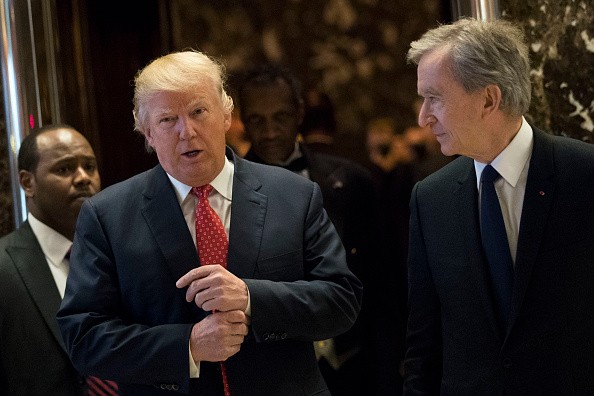With the recent issue on Trump's handling of diplomatic relations with China, paired with the country's current economic situation, analysts say that a trade war will only result in both countries suffering in the end.
Once inaugurated into office, Trump will be making big changes in U.S.-China relations. From his line-up of trade officials to threatening to abandon the Trans-Pacific Partnership, Trump is making a more aggressive stance against the world's largest exporter.
Since the election campaign, Trump has been vocal about confronting China about its unfair trade policies. Analysts estimate that the President-elect will try to pressure China to sit down at the negotiating table and win concessions. This method might have worked with Japan in the 1980s, but Trump forgets that China is not like its neighbor.
Japan became a leading exporter in the 1980s with brands such as Toyota and Sony. Trade terms from the U.S., its biggest patron, also did not hurt. But tables were quickly turned after the U.S. suffered trade deficits, which prompted the U.S. to enforce import quotas on Japanese products, which in turn demand greater access for U.S. companies.
"We think China will push back against threatened trade restrictions," said Helen Qiao, China and Asia economist at Bank of America Merrill Lynch. It is estimated that the trade war between China will likely be more hostile and detrimental to both sides.
China has been trying to shore up the renminbi, to save it from continuing depreciation and maintain its current value against the dollar. Investors believe that the efforts to increase the value of the renminbi will ultimately fail, making devaluation inevitable.
But contrary to Trump's prediction, the devaluation will result in an increase of Chinese imports, not a decrease. Given the current politics in Washington, this makes an outright trade war with China inevitable.
As Jan. 20 nears, everyone is on the lookout on what is to come next between the U.S. and China. While no sane policymaker will favor a trade war, especially if it's between the two largest economies, it seems that all of Trump's policies lead to that road.



























